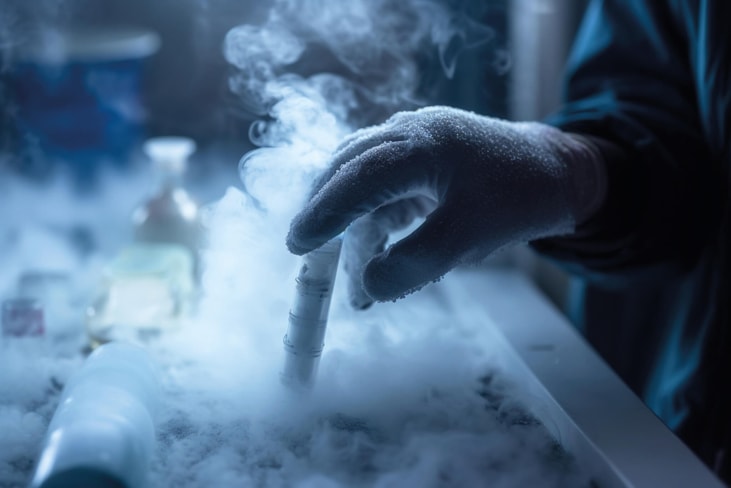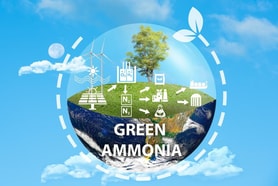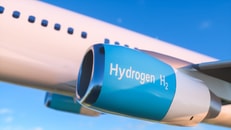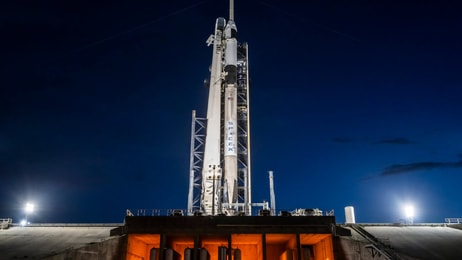Breakthrough cryo-cooling tech slashes time to near-absolute zero by 70%
A new method to enhance cryogenic coolers helps achieve near-absolute zero temperatures up to 3.5 times faster or using around 71% less energy compared to existing technologies.
Developed by a team of researchers at the National Institute of Standards and Technology (NIST) in the US, the new method can be used for cryopreservation of biological tissues, embryos, eggs and sperm.
Cryogenic cooling is also used in the operation of particle accelerators at CERN. The weeks-long process involves cryocooling technology lowering the temperature of helium to 80K (-193C) and then to 4.5K (-268C), before it is injected into the magnets and cooled to 1.9K (-271C).
... to continue reading you must be subscribed
























